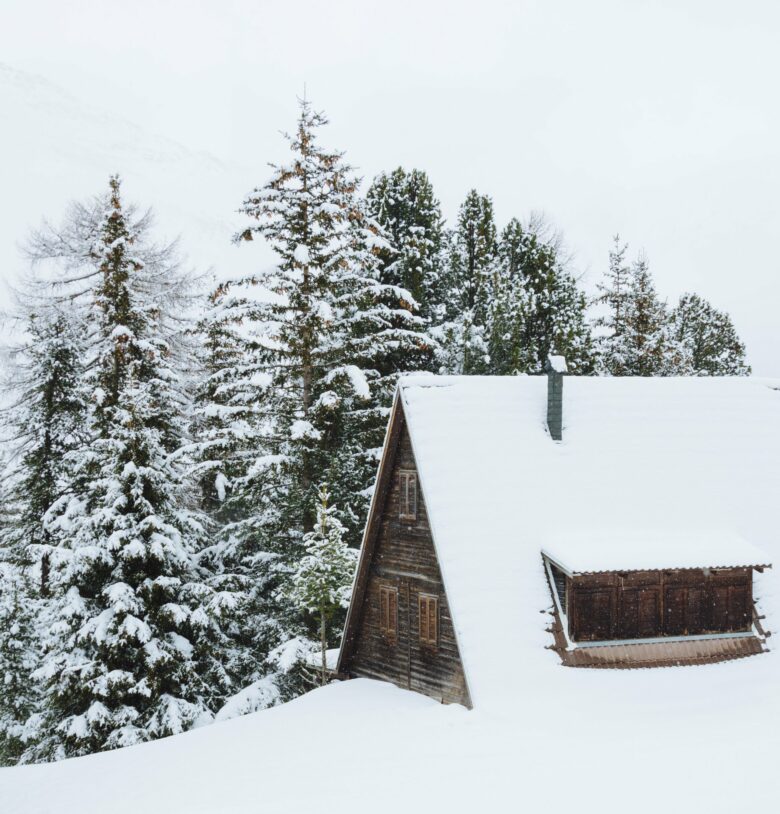Insurance Against Winter?
If you live in a state that doesn’t have cold winters, lucky you. Driving on snow covered, icy, wintery roads is one of the top causes of car accidents. We’ve all seen the videos of cars hopelessly sliding down icy hills, unable to stop or steer.
In reality, slippery winter roads aren’t just a problem in the northern states. Midwestern and southern states can get snow a few times a year, but their transportation departments are far less equipped to deal with icy road conditions, and aren’t fully prepared when winter weather strikes.
If winter happens to you, here are some answers to frequently asked insurance questions re: the colder months.
Can I Cancel My Car Insurance For The Winter?
It depends. If you plan to store your vehicle for more than 30 days, you may be able to suspend your liability, medical, uninsured motorists and collision coverages, which are driving-related. You might think you’ll save money by parking your car and cancelling your insurance, but a vehicle can still suffer damage even if it’s parked. Also keep in mind, there may be penalties for cancelling your car insurance half-way through the term. TIP: it’s a good idea to keep comprehensive coverage on a car while it’s in storage.
If you live in a state that doesn’t have cold winters, lucky you. Driving on snow covered, icy, wintery roads is one of the top causes of car accidents. We’ve all seen the videos of cars hopelessly sliding down icy hills, unable to stop or steer.
In reality, slippery winter roads aren’t just a problem in the northern states. Midwestern and southern states can get snow a few times a year, but their transportation departments are far less equipped to deal with icy road conditions, and aren’t fully prepared when winter weather strikes.
If winter happens to you, here are some answers to frequently asked insurance questions re: the colder months.
Does Insurance Cover Accidents In Snow?
Yes. Accidents between two or more drivers caused by snowy and slippery roads are covered by liability insurance. A car that slides and crashes into something, like a massive snow bank, would generally be covered under the optional collision portion of an auto policy.
Nearly 2000 people die and over 135,000 people are injured each year due to car accidents on icy and snowy roads. Driving during the winter is particularly dangerous because of black ice.
Is Ice Damage Covered Under A Policy?
Typically yes. Collision and comprehensive insurance includes loss or physical damage due to wear and tear, and depending on the circumstances, ice damage would be covered.
Are You At Fault For Sliding On Ice?
An accident because of snow and ice is handled the same way any other claim is reviewed. If you lose control of your vehicle while driving, skid through a stop sign and into a pick-up truck, you are still at fault. Yes, I know, it’s not fair. The ice made you slide into the other driver, but everyone is dealing with the same weather conditions and you just got unlucky. Your liability insurance should pay for the other driver’s damages.
4 Safety Tips For Icy Roads
- Get a grip. To have adequate snow traction, a tire needs at least 6/32-inch deep tread. Most passenger-car tires manufactured today usually have 10/32-inch of tread.
- Make sure you can see. Maintain your windshield wiper blades, clean the inside of your windows, and make sure your windshield washer system is full and works properly.
- Run the air-conditioner. In order to remove condensation and frost from the interior of your windows, use your air-conditioner. It sounds weird, but just like your AC at home, it takes the humidity out of the air and it will clear the windows up in no time. You don’t have to keep it on cold – feel free to crank up the heat.
- Check your lights.Make sure your headlights and taillights are working and clear of snow. There’s less daylight in the winter months and it gets dark fast.


Comments are closed.